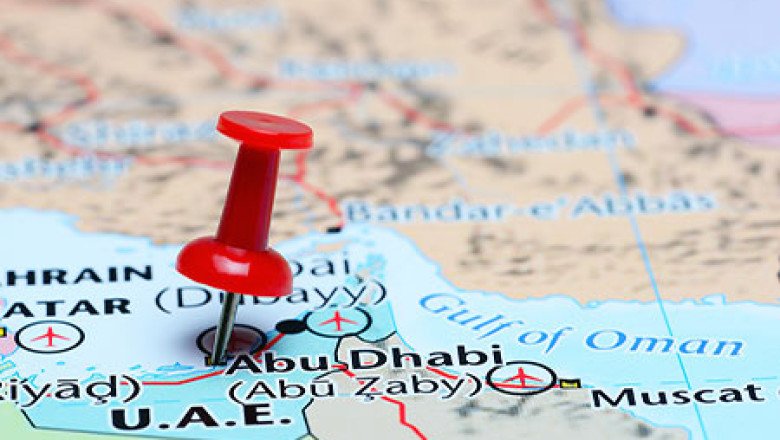
views
Adnoc Gas has suspended its feed-to-engineering, procurement, and construction (EPC) contest for a significant liquefied natural gas (LNG) project in Abu Dhabi, a move that has raised eyebrows in the energy sector. This decision comes amid shifting market dynamics and strategic reassessments within the company.
The LNG project, which was anticipated to enhance Adnoc’s capacity and export capabilities, has been on the radar of industry analysts and stakeholders for several months. The project’s scope involved extensive engineering work and the deployment of cutting-edge technology to improve production efficiency. However, various factors have prompted Adnoc to reevaluate its approach.
Market conditions have played a critical role in this pause. Global LNG prices have been volatile, influenced by fluctuating demand and supply chain constraints. The ongoing geopolitical tensions and shifts in energy policy among key nations have further complicated the LNG landscape. These elements likely contributed to Adnoc’s decision to step back from the EPC contest, emphasizing the need for a more measured approach to capital-intensive projects.
There has been a growing trend towards sustainability and the adoption of renewable energy sources in the Middle East. As countries aim to diversify their energy portfolios, Adnoc is recalibrating its investments to align with the UAE’s long-term sustainability goals. This shift reflects a broader industry movement towards reducing carbon footprints and investing in greener technologies.
Industry experts suggest that the decision could also be a strategic maneuver to attract more competitive bids in the future. By pausing the process, Adnoc may be seeking to create a more favorable environment for potential contractors, ensuring that only the most qualified and innovative firms participate when the project resumes.
Key players in the LNG sector have expressed mixed reactions to the announcement. Some industry insiders view this as a prudent decision, allowing Adnoc to refine its strategy in an ever-changing market. Others, however, see it as a potential setback for the UAE’s aspirations to become a leading LNG exporter, especially given the region’s vast reserves and established infrastructure.
Despite the cancellation of the contest, Adnoc remains committed to enhancing its LNG capabilities and exploring new market opportunities. The company continues to engage with stakeholders and industry partners, ensuring that it stays at the forefront of technological advancements and market trends. Future endeavors will likely focus on integrating innovative solutions that enhance operational efficiency while adhering to environmental standards.
The suspension of the feed-to-EPC contest also aligns with Adnoc’s broader strategy to optimize its asset portfolio. The company has been actively pursuing partnerships and joint ventures, both regionally and internationally, to bolster its presence in the global energy market. This collaborative approach may yield more substantial benefits in the long run, allowing Adnoc to leverage expertise and share resources in its pursuit of LNG projects.
As the energy landscape evolves, the importance of flexibility and adaptability becomes paramount. Adnoc’s decision highlights the necessity for companies to remain agile in their project management strategies. The ability to pivot in response to market signals will be crucial as firms navigate the complexities of the global energy transition.
Looking ahead, industry analysts anticipate that Adnoc will eventually revisit the LNG project, potentially with an altered scope or enhanced technological integration. As the market stabilizes and demand for LNG continues to grow, the company will likely seek to capitalize on its strong position within the UAE’s energy sector.
The UAE’s commitment to diversifying its energy resources and reducing carbon emissions underscores the ongoing transition in the region. Adnoc’s leadership in the LNG sector will be instrumental as the country strives to balance traditional energy production with sustainable practices.
As the global demand for LNG rises, driven by nations seeking to reduce reliance on coal and transition to cleaner energy sources, the strategic decisions made by companies like Adnoc will have lasting implications on market dynamics. Investors and stakeholders will be closely monitoring how Adnoc navigates these challenges and positions itself in the evolving energy landscape.


























Comments
0 comment